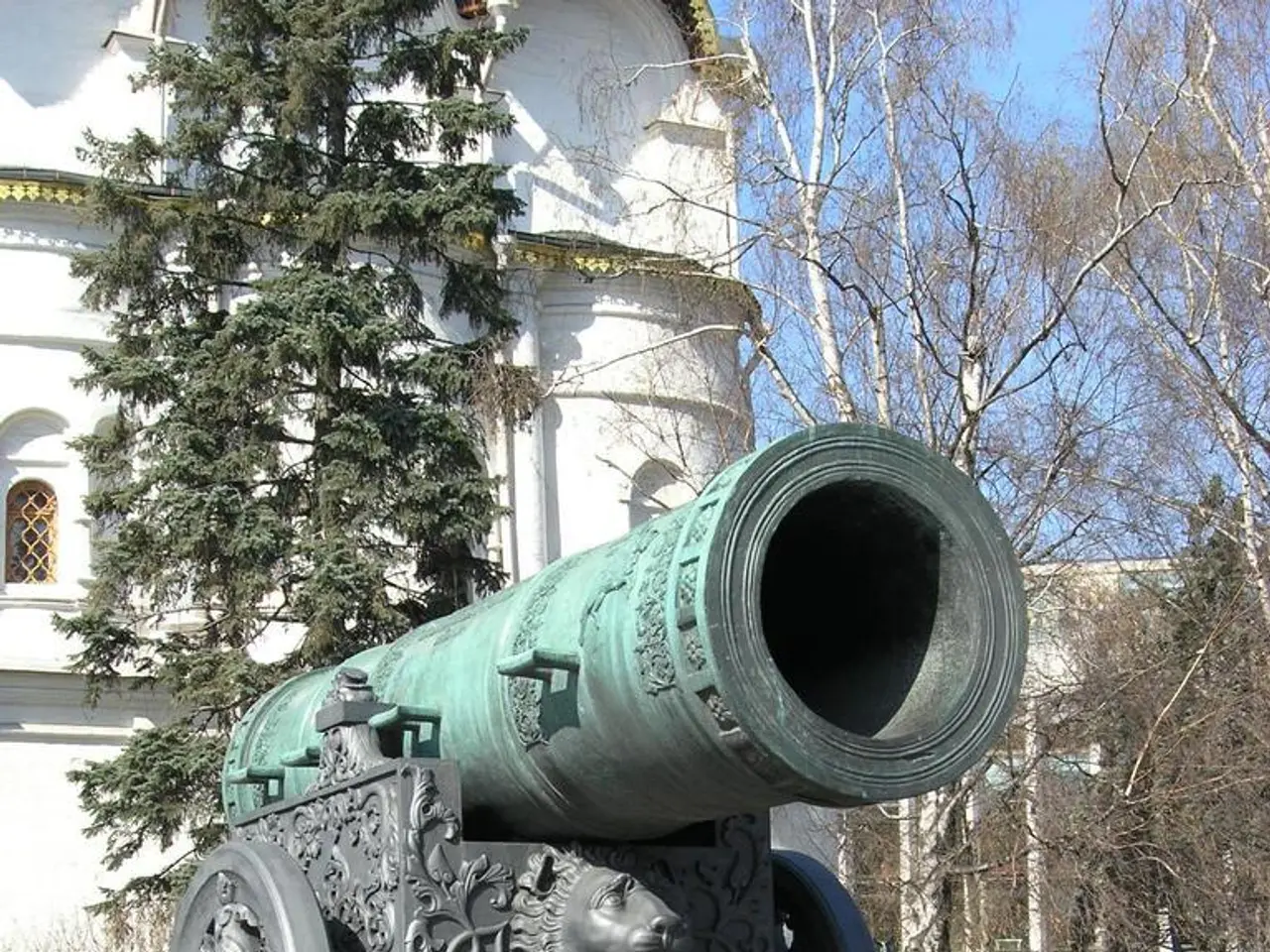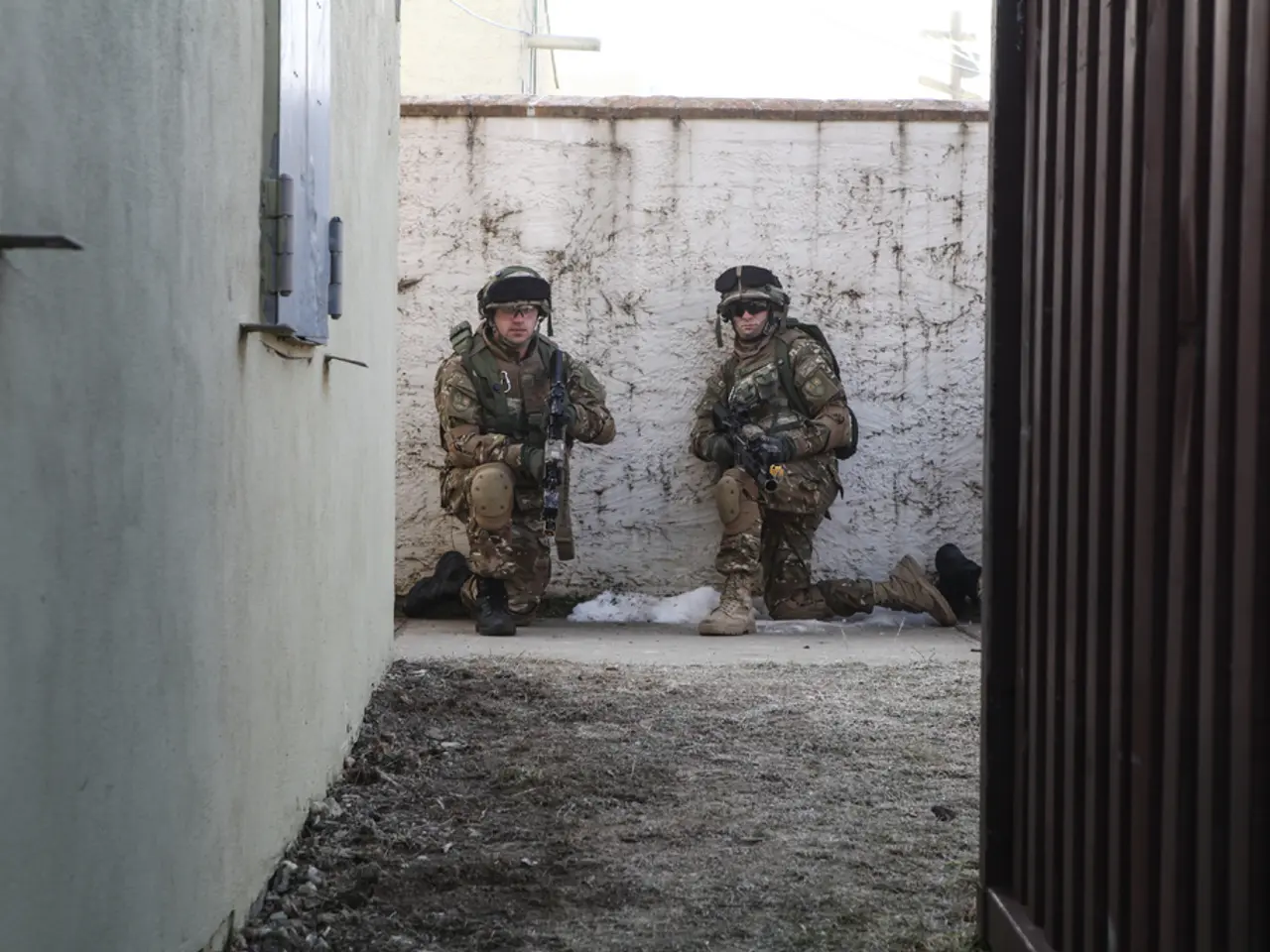Global community expresses sorrow for Pope hailing from the farthest extremity of the Earth
Pope Francis, the First Global Pontiff
The world mourns the passing of Pope Francis, the groundbreaking and inspiring leader who made history as the first non-European pope since the death of Pope Gregory III in 741. Born in Buenos Aires as Jorge Mario Bergoglio, this Argentine Jesuit redefined the role of head of the Catholic Church with his compassion, humility, and dedication to social justice.
Pontiff of the People
Pope Francis, who passed away at age 88, left an indelible mark on the Catholic Church during his twelve-year pontificate. Hailing from another end of the world, he was the first Latin American pope, the first Jesuit pope, and the first pope with a living predecessor. His election in 2013 came as a surprise, signaling a departure from the traditional European-centric leadership of the Church.
Tragically, Francis passed away a day after blessing the faithful during the Easter celebration, leaving behind an extraordinary legacy.
A Tumultuous Life
Born on December 17, 1936, to Italian immigrants Regina and Mario Bergoglio, Jorge Mario Bergoglio grew up as one of five children in Buenos Aires. Health issues marked his life from an early age, with nearly fatal lung infections at 21 and 55. Surviving these life-threatening conditions shaped his character and fortitude.
Joining the Jesuit order in his 20s, Bergoglio ascended through the ranks, eventually becoming Argentina's Archbishop of Buenos Aires in 1998.
Simplicity and Service
Throughout his life, Bergoglio embraced a life of simplicity and service. Despite his high ranking, he chose to live in a modest apartment, shop at the supermarket, and travel by bus. His love of culture—specifically opera, Greek classics, Shakespeare, and Dostoevsky—was evident in his wise and caring leadership.
Possibly garnering the most votes in the 2005 papal conclave following the death of Pope John Paul II, Bergoglio withdrew his candidacy in favor of Pope Benedict XVI. It wasn't until 2013 that Francis took the papal throne.
Transformative Reforms
Francis immediately began implementing sweeping changes, focusing on social justice, interfaith dialogue, and addressing environmental concerns. Known for his humility, Francis bowed on St. Peter's balcony, greeted people warmly, and even kissed the feet of leaders from South Sudanese warring factions.
His approach to leadership and compassionate service inspired millions and challenged stern Vatican critics. Though his pontificate ended with his passing in 2025, the lasting impact of Pope Francis will continue to shape the world for years to come.
The Life and Legacy of Pope Francis
- Born on December 17, 1936, in Buenos Aires, Argentina, to Italian immigrants Regina and Mario Bergoglio
- Ordained as a Roman Catholic priest in 1969 and consecrated as a bishop in 1992
- Created cardinal in 2001 by Pope John Paul II
- Prayed for peace when elected as the 266th pope on March 13, 2013, at the age of 76
- Served as the first Jesuit, Latin American, and non-European pope from 2013 until his death in 2025
- Influenced the Catholic Church with his focus on social justice, interfaith dialogue, and environmental issues
Pope Francis, the first non-European pope since the death of Pope Gregory III in 741, left an impact on the world during his twelve-year pontificate as the first Latin American pope, the first Jesuit pope, and the first pope with a living predecessor.
Throughout his life, Jonge Mario Bergoglio, Pope Francis, embraced sports, playing soccer competitively during his time at the seminary in Buenos Aires and often using sports metaphors in his speeches to encourage unity, teamwork, and perseverance among the faithful.






